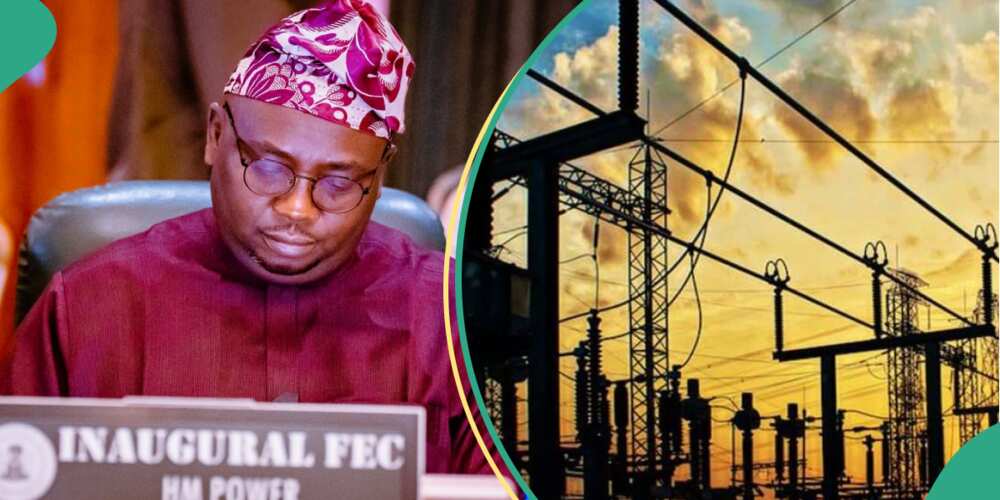[ad_1]
- The federal government has increased the electricity tariff by 300 per cent for band A classification of customers
- According to the NERC, band A customers are those who enjoy a minimum of 20 hours of electricity supply in the country
- The government disclosed that there were 800 feeders under Band A but had been reduced to 500 over failure to provide them the 20 hours minimum supply
FCT, Abuja – The federal government, through the Nigerian Electricity Regulatory Commission (NERC), has announced an increment in the electricity tariff, which customers under the Band A classification will have to pay.
Musliu Oseni, the vice chairman of the NERC, announced the increment at a press conference in Abuja on Wednesday, April 3, stating that customers will now have to pay N225 kilowatt per hour instead of N66, which was being paid before, Daily Trust reported.

Read also
“Commendable”: Kogi Central Senator Natasha Akpoti distributes food supplies to constituents

Photo Credit: Adebayo Adelabu
Source: Twitter
Who are Band A electricity customers?
In a document released by the commission’s chairman and tagged Eligible Customer Regulations 2024, signed by Its Chairman Sanusi Garba, the new increment accumulated to over 300 per cent.
Band A customers are those who enjoy 20 hours of electricity supply daily.
According to Oseni, the band A customers represented 15 per cent of the 12 million electricity customers in the country.
Will all Nigerians pay new electricity tariff?
Oseni also disclosed that the commission had downgraded some customers from Band A to Band B due to the failure to provide them with 24-hour electricity from the distribution company.
According to the NERC, the commission currently has 800 feeders under the Band A category, but they have been reduced to 500. That means that those qualified for Band A feeders are 17 per cent.
He maintained that the feeder services only 15 per cent of the total electricity customers connected to the feeders.
Video as major electricity cable supply catches fire
Legit.ng earlier reported a fire outbreak at the Dan’agundi Transmission Station, a major electricity supply chain in Kano.
It was learnt that the fire had caused major damage to the advanced capacity transformers.
Kano is one of the relatively safe states in northern Nigeria; it has experienced little or no terror attacks.
Source: Legit.ng
[ad_2]
Source link






